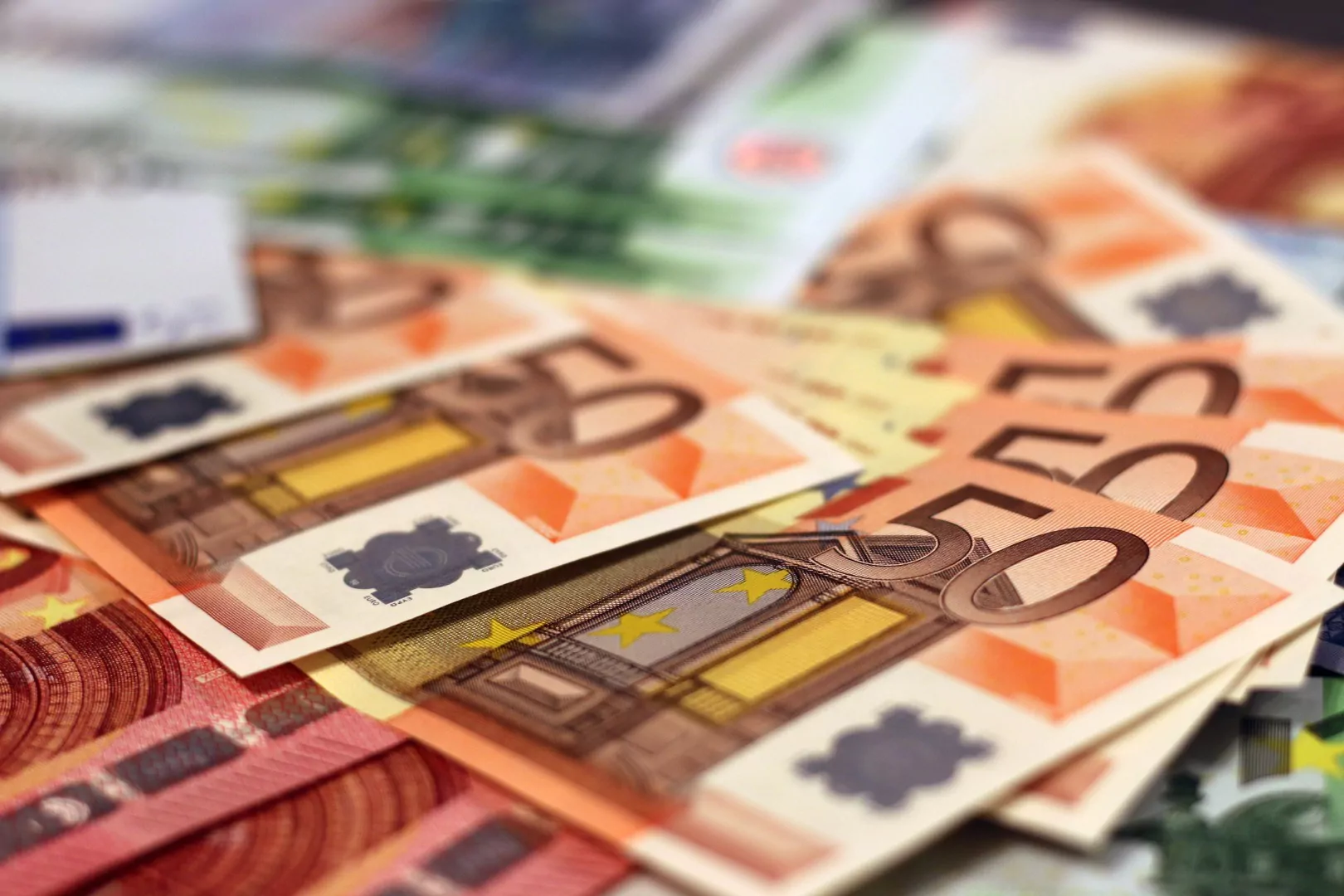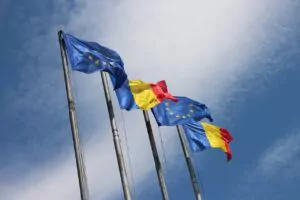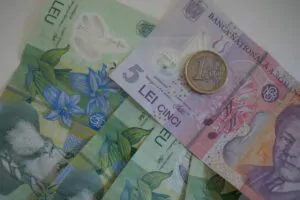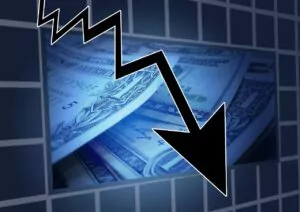The European Commission decided on Thursday to extend until 30 June 2022 the Temporary Framework on state aid, which was due to expire on 31 December 2021, Agerpres reports. It also introduced two other new instruments aimed at creating direct incentives for private investment and forward-looking solvency support measures.
Urmărește mai jos producțiile video ale Economedia:
- articolul continuă mai jos -
“The temporary state aid framework allowed Member States to provide targeted and proportionate support to firms in difficulty, while putting in place safeguards to maintain a level playing field in the single market. Today we are extending its application by six months, until the end of June next year. This limited extension offers the possibility of a gradual and coordinated phasing out of the crisis measures without creating disproportionate cascading effects, and reflects the strong recovery forecast for the European economy as a whole,” said EC Vice-President Margrethe Vestager.
In view of the economic recovery observed, the Commission has adopted a limited extension of the temporary framework for a further six months until 30 June 2022. This will allow Member States, where necessary, to extend their support schemes and ensure that businesses still affected by the crisis are not suddenly deprived of the support they need, say EU officials. In parallel, the Commission will continue to closely monitor developments in the COVID-19 pandemic and the incidence of other risks to economic recovery.
In addition, the commission has introduced two new instruments to help the European economy recover, the first being investment support measures to help member countries address the investment shortfall caused by the crisis. Member States can create incentives for businesses to invest and use this instrument to accelerate the green and digital transition. Member States can use this instrument until 31 December 2022.
Secondly, there are solvency support measures to mobilize private funds to be made available for investment in small and medium-sized enterprises (SMEs), including start-ups and small mid-caps. Member States can provide guarantees to private intermediaries, creating incentives for them to invest in these types of businesses and giving them easier access to equity finance, which is often difficult for businesses to do individually. Member States can use this instrument until 31 December 2023.
In addition to other measures adopted, the Commission has extended, from 30 June 2022 to 30 June 2023, the possibility under the temporary framework for Member States to convert repayable instruments (e.g. guarantees, loans, repayable advances) into other forms of aid, such as direct grants. It also adjusted the maximum amounts of certain types of aid in proportion to the extended duration, provided clarification on the use of the exceptional flexibility provisions in the Commission’s Rescue and Restructuring Guidelines, and extended the adjusted list of countries with uninsurable private market risks in the context of short-term export credit insurance (STEC) by a further 3 months (from 31 December 2021 to 31 March 2022).
The Temporary State Aid Framework was adopted on 19 March 2020 and amended for the first time on 3 April 2020, increasing the possibilities to provide public support for research, testing and manufacturing of pandemic-relevant products to protect jobs and further support the economy.
On 8 May 2020, the Commission extended the scope of the Temporary Framework a second time to include recapitalization and subordinated debt measures. On 29 June 2020, the Commission adopted a third amendment extending the scope of the Temporary Framework to further support micro, small and start-up businesses and to encourage private investment. On 13 October 2020, the Commission extended the Temporary Framework until 30 June 2021 (with the exception of recapitalization measures, which could be granted until 30 September 2021) and allowed Member States to cover part of the fixed costs of crisis-hit businesses that were not covered by revenue. On 28 January 2021, the Commission adopted a fifth amendment extending the scope of the Temporary Framework by increasing the ceilings set out in it and allowing certain repayable instruments to be converted into direct grants until the end of 2022.

 Sursa foto: Pexels
Sursa foto: Pexels





























